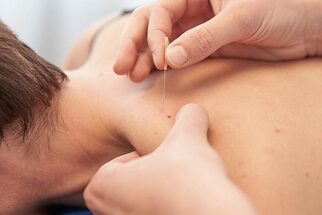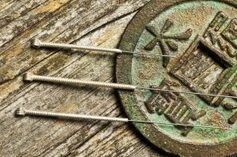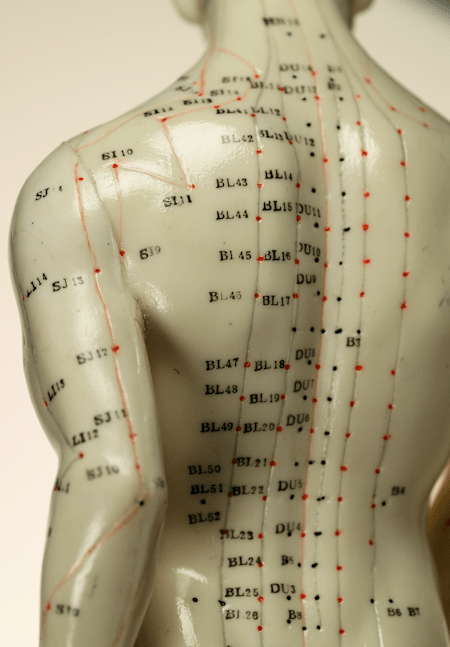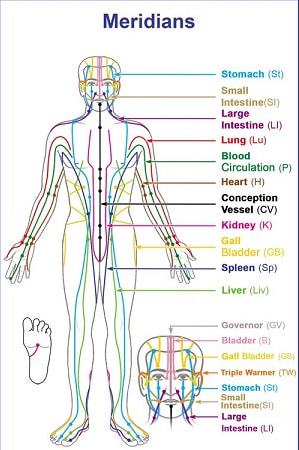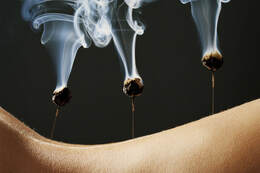What we treat |
Neurological PhysioOur highly trained Physios are experts in the specialist management of neurological conditions including:
Respiratory Physio Our specialist Physio's are able to treat, educate and advise anyone who has problems with their lungs and breathing. Respiratory physio may also be called 'chest physio' which involves improving lung function via indirect removal of mucus from the airways and keeping breathing passages as open as possible.
Physio will also be able to enhance the cardio-vascular system by providing breathing exercises and pulmonary rehabilitation. There are numerous conditions which can help to be maintained with chest physio:
General PhysioPhysio can help relieve symptoms of many conditions and symptoms. Below is a brief list of complaints that we can assess and treat:
|
AcupuncturePhysiotherapists can use acupuncture to relieve pain and many other symptoms by stimulating the bodies healing processes. We are uniquely able to combine acupuncture with other treatment methods such as exercises, manipulation and stretching. This combined approach is more likely to aid recovery and lead to successful rehabilitation.
Physiotherapists are able to use a background of sound research and evidence to integrate acupuncture using the pain gate theory and the stimulation of brain and spinal cords natural chemicals. This type of acupuncture may be referred to as 'dry needling' and can be inserted in to trigger points, this will help relieve any tightness and reduce any associated inflammatory process. Traditional Chinese Medicine (TCM) Acupuncture is a holistic approach used as an alternative to Western medical intervention, for example to treat pain. TCM believes that our bodies become sore and injured due to imbalances and blockages within the blood flow. This consequently affects the energy ‘Qi’ within our muscles, organs, joints and nerves and the concept of the needles is to correct and restore their balance
The needles for this type of acupuncture are placed along 'meridians' that cover the whole of the body, from head to toe! There are 12 meridians in total and all correspond with an organ in the body. TCM addresses a wide variety of health needs besides pain such as:
Moxibustion
This is a specialist form of heat therapy which includes applying dried herbs to the tips of the acupuncture needles. The dried herb 'moxa' is then burnt and said to warm and invigorate the flow of Qi within the body. This is an additional treatment and therefore incurs a small additional fee, please do contact us to find out more about our moxibustion treatment! |
Your Treatment |
Treatment techniques |
|
During your first session (initial assessment) a ‘subjective history’ will be taken. This involves us asking you a few general/specific questions to allow us to build a clear picture of the problematic area/areas and symptoms/conditions. An further objective ‘physical’ assessment is then undertaken, this includes an examination and specific tests may be performed. With the two assessments combined your Physio can form a diagnosis and correlate the correct treatment plan for you.
Following the initial assessment we can also advise whether there is a need to refer to other professionals for other requirements, for example Occupational Therapists, Doctors, Nutritionists etc. |
Treatment is done on an individual basis. Once goals are established they will be achieved by using a variety of modalities. Each specific problem will be treated with one or more of the following:
|









